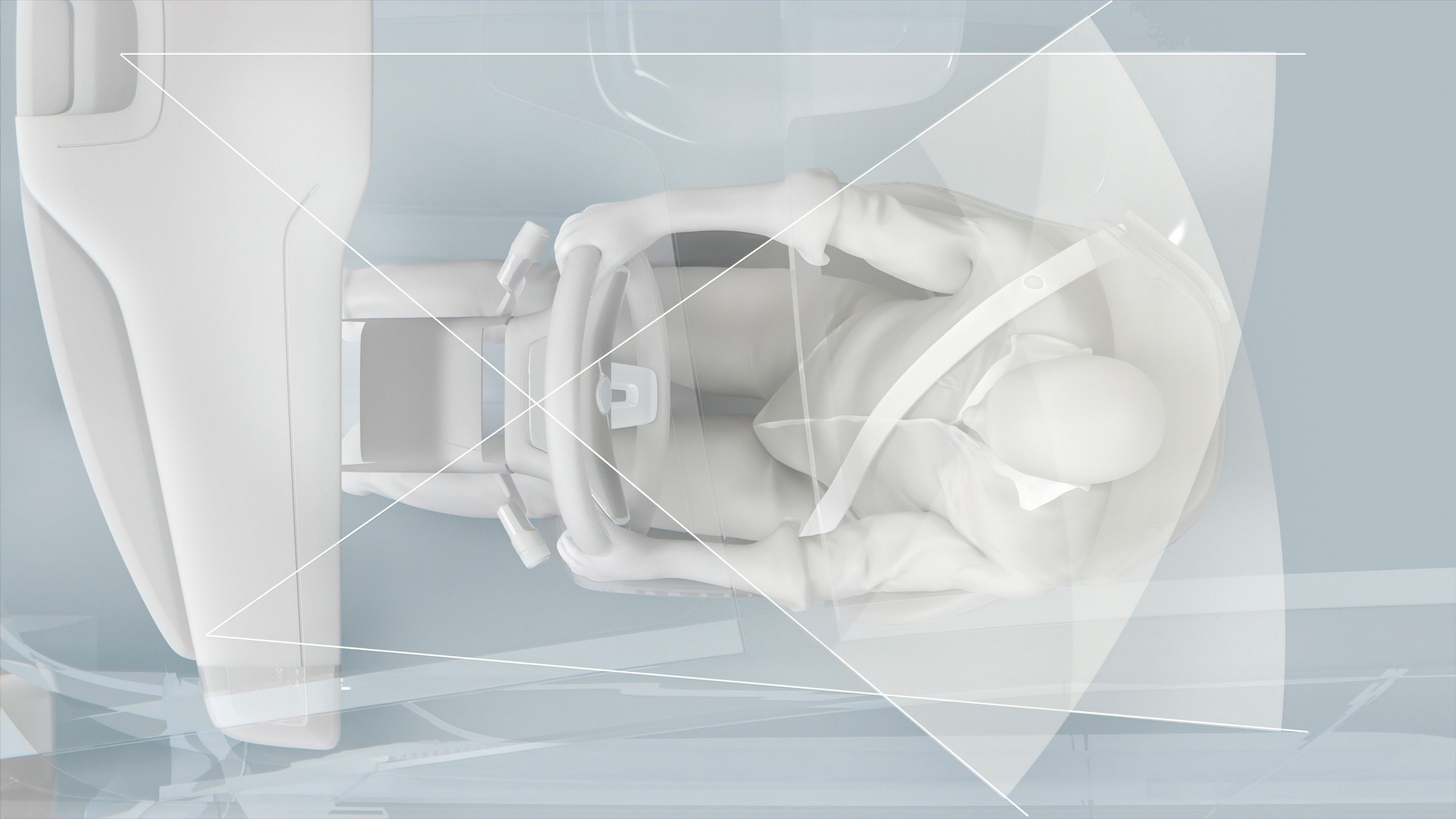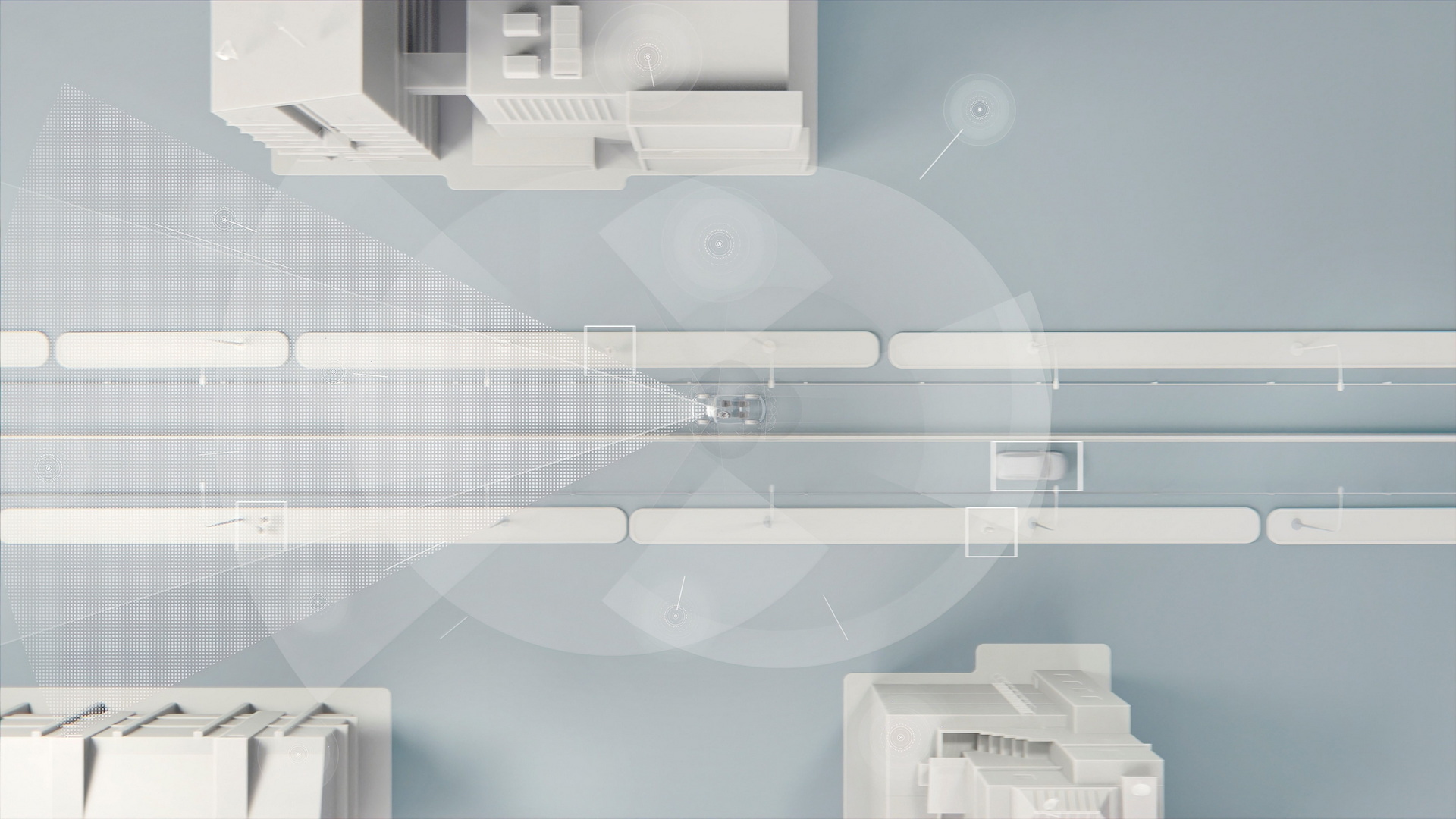Volvo is a brand obsessed with safety and it believes that one of the surest ways to guarantee it is with autonomous drive technology. But testing it is challenging. That’s why the automaker wants to collect data from its owners to speed up development.
The plan will allow owners to opt in to letting Volvo collect data from their vehicles in real-time. By receiving information from real roads in real-time at a large scale, Volvo figures it will be able to speed development up significantly.
“With help from real-life data we can speed up our development processes and go from years to days,” said Ödgärd Andersson, CEO at Zenseact, Volvo Cars’ autonomous driving software arm. “As real-time collection generates a lot more data, we can create better and higher-quality data sets that allow us to make better and quicker decisions on the next advancements in safety. We’re taking a giant leap to increase safety in and around our cars.”
Read Also: Volvo’s Upcoming Electric SUV Will Feature Over-The-Air Driver-Assist Updates For Improved Safety
By using the data, Volvo will be able to validate and verify autonomous drive features more rapidly and can make continuous safety improvements to its cars, it says.
The data would be from things like driver inputs but also from sensors like high-resolution LIDAR arrays. As the use of that technology would suggest, the rollout of this opt-in data collection won’t happen immediately. Instead, it will begin with Volvo’s next EV, the follow-up to the XC90, that will come with those sensors as standard.
To deal with all of that information, Volvo and Zenseact are investing in a facility that can contain 200 PebiBytes (225 million gigabytes) of data in the coming years. It will also use artificial intelligence to crunch the data. The company promises to treat the data with sensitivity and create safeguards to protect its customers’ sensitive information. The company says, though, that data collection is the next frontier in safety innovation.
“Safety is part of our heritage and the backbone of our company, but software is a crucial part of our modern-day DNA,” said Mats Moberg, head of R&D at Volvo Cars. “So while we continue to build on the 50-year expertise of the industry-leading Volvo Cars Accident Research Team, we can now also leverage AI as a new, virtual accident research team.”






